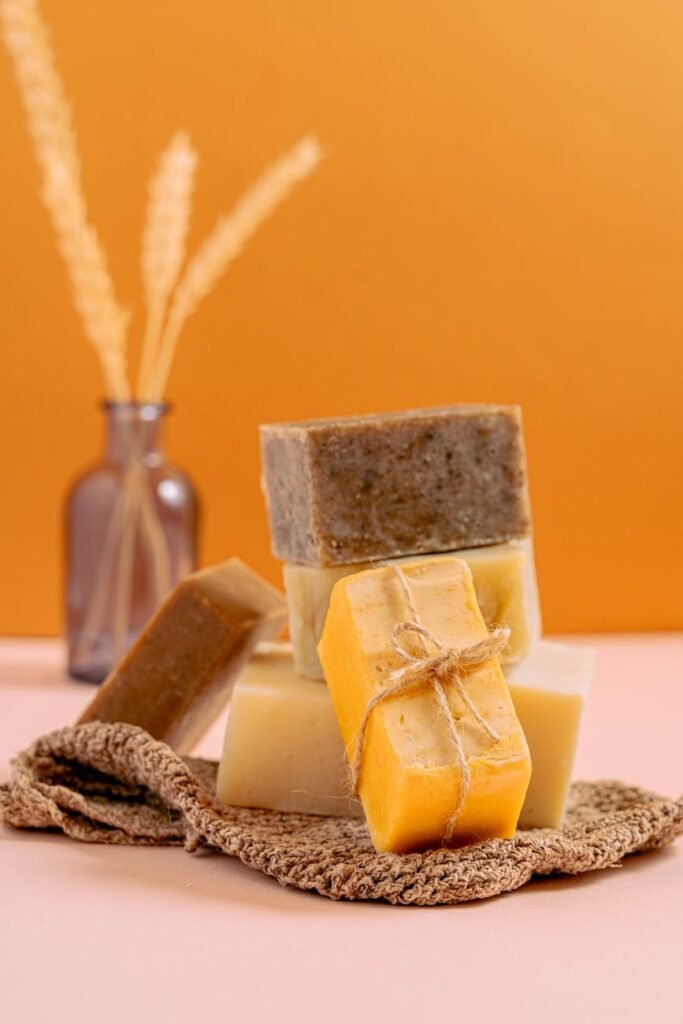How Lotions with Fragrance Can Inflame Eczema-Prone Skin
Eczema, also known as atopic dermatitis, is a chronic skin condition that causes inflammation, redness, itching, and irritation. For those with eczema-prone skin, certain products can trigger flare-ups and worsen symptoms. One of the primary culprits that often leads to inflammation and irritation is fragrances commonly found in many lotions, skincare products, and personal care items. While fragrances are added to lotions and creams to enhance their scent, they can pose significant risks for individuals with eczema, exacerbating the condition and triggering painful reactions. Understanding why fragrance in lotions can inflame eczema-prone skin is crucial for managing this condition and preventing flare-ups. 1. Fragrances as Potential Irritants Fragrances are made up of complex mixtures of chemicals, both natural and synthetic. These chemicals are designed to produce a particular scent, but their molecular structure can also make them irritating to the skin. When applied to eczema-prone skin, these chemicals can disrupt the skin’s natural barrier, leading to increased sensitivity and inflammation. For people with eczema, their skin barrier is often compromised, making it more vulnerable to irritants. The chemicals in fragrances can penetrate the skin more easily, causing inflammation and irritation. As a result, eczema flare-ups may occur, leading to symptoms like itching, redness, and dryness. 2. Fragrance-Induced Allergic Reactions In addition to being irritants, fragrances can also act as allergens. This means that repeated exposure to fragranced lotions may trigger allergic reactions in sensitive individuals. Symptoms of fragrance allergies include redness, swelling, itching, and even hives. These allergic reactions can cause the eczema to worsen, making it harder to manage the condition and find relief. Many lotions contain a combination of allergens such as limonene, linalool, and cinnamal, which are common in floral, citrus, and spice scents. These allergens are known to cause contact dermatitis, a skin condition characterized by redness, irritation, and inflammation. For those with eczema, an allergic reaction to fragrance can lead to more severe flare-ups and a longer recovery period. 3. Disruption of the Skin’s Protective Barrier Healthy skin has a natural protective barrier that helps to retain moisture and keep out harmful irritants and bacteria. Eczema compromises this barrier, leaving the skin vulnerable to external factors like harsh chemicals, environmental pollutants, and allergens. Fragrances in lotions can further weaken this barrier by stripping away natural oils, leading to dryness, cracking, and increased susceptibility to inflammation. When the skin barrier is compromised, moisture escapes, leaving the skin dry and prone to irritation. This cycle of dryness and irritation can worsen eczema symptoms, creating a constant cycle of flare-ups and discomfort. 4. Sensitization Over Time Another problem with fragranced lotions is sensitization. Sensitization occurs when the skin becomes increasingly sensitive to a specific substance after repeated exposure. In the case of fragrances, prolonged use of fragranced products can lead to the development of sensitivity, causing the skin to react more strongly over time. For individuals with eczema, sensitization to fragrances can make the skin even more reactive to future exposure. What may initially have been a mild irritation can develop into a more severe reaction, intensifying the eczema flare-up and making it harder to find products that are safe for the skin. 5. The Role of Synthetic Fragrances While some natural fragrances, such as essential oils, are generally considered safe for skin use, synthetic fragrances are often the main offenders. Synthetic fragrances can contain dozens or even hundreds of chemical compounds, some of which are known irritants or allergens. In fact, many commercial lotions don’t disclose the full list of fragrance ingredients, making it difficult to know exactly what you’re applying to your skin. Synthetic fragrances are especially problematic for people with eczema because they often contain chemicals that can trigger skin reactions. These chemicals are often not tested for safety on sensitive skin, making them a risky choice for individuals with eczema. 6. Compounding the Effects of Other Eczema Triggers People with eczema are often more susceptible to other environmental triggers that can worsen their condition, such as dry air, harsh weather, certain fabrics, and stress. When fragranced lotions are used in combination with other irritants, the effects can be compounded, leading to more severe flare-ups. For example, applying a heavily fragranced lotion before going outdoors in dry or cold weather can further dry out the skin, making it more prone to irritation and inflammation. How to Choose Eczema-Friendly Lotions To avoid exacerbating eczema symptoms, it’s essential to choose skincare products that are free from harsh fragrances. Here are some tips for selecting eczema-friendly lotions: Conclusion Fragranced lotions can be a major irritant for individuals with eczema-prone skin, often leading to inflammation, allergic reactions, and worsened symptoms. Fragrances, both synthetic and natural, disrupt the skin’s natural barrier, cause irritation, and may trigger allergic reactions over time. For those with eczema, choosing fragrance-free, hypoallergenic lotions made with soothing, natural ingredients is key to preventing flare-ups and managing the condition effectively. Always be mindful of what you’re putting on your skin, and opt for gentle, nourishing products that support the skin’s health and protect its delicate balance.


